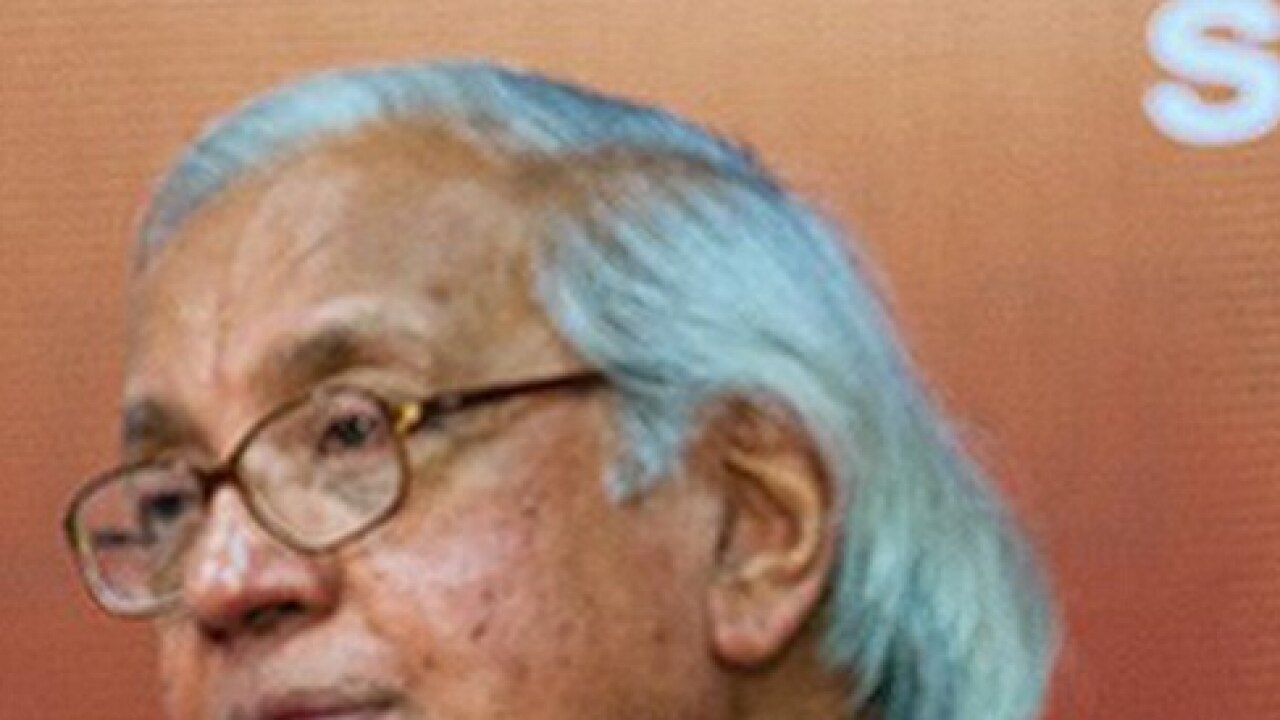
When litterateurs decide to return their awards, as writer Nayantara Sahgal and poet Ashok Vajpeyi have chosen to do, their action reveals a state of agitation among India’s intelligentsia. By returning the prestigious awards, the authors have strongly conveyed their disquiet over the recent spate of violence leveraged by various groups to enforce cultural norms, supposedly identified with the Hindutva ideology. It is easy to see politics in the act of returning an award. But awards are also recognition of accomplishments and a marker of creative excellence, and returning them is not an easy task for those who have spent a lifetime perfecting their craft. For Sahgal and Vajpeyi, the decision to return their awards must have come after deep soul-searching and irreconcilable differences with the way the present government has handled or not handled the acts of violence. This is revealed by Sahgal’s short but hard-hitting statement in which she notes a concerted effort to throttle dissent and cultural diversity. While the murder of Mohammed Akhlaq of Dadri is clearly the immediate provocation, Sehgal has also raised the killings of Kannada writer MM Kalburgi and Maharashtra rationalists Narendra Dabholkar and Govind Pansare.
These, she says, are instances of those “questioning the ugly and dangerous distortion of Hinduism known as Hindutva — whether in the intellectual or artistic sphere, or whether in terms of food habits and lifestyle — being marginalized, persecuted, or murdered”. Writers, artists, critics and academics — with their superior powers of creative expression — also have the potential to become the conscience keepers of the society at large. It is important then that Sahgal and Vajpeyi have spoken up after the murder of Mohammed Akhlaq of Dadri. Besides putting pressure on a Prime Minister who has maintained steadfast silence on the issue, the duo, by taking a stance and renouncing awards, have thrown down the gauntlet to other intellectuals and ordinary citizens who are also outraged but have preferred to stay silent. But they are not the only ones to walk this path of resistance.
Earlier, Hindi writer Uday Prakash had returned his Sahitya Akademi award and six Kannada writers had returned their Karnataka Sahitya Parishad awards over the murder of Kalburgi, who was a vocal opponent of caste practices. Last year, Tamil writer Perumal Murugan took the unprecedented step of withdrawing his books and announcing his death as a writer after Hindu outfits took offence to his novel, Mathorubhagan.
At a broader level, it can be argued that one should not accept awards and honours from the state. Governments invariably commit acts that militate against our sense of right and wrong, and by agreeing to accept state awards their recipients greatly compromise their autonomous standing and their right to critique governments of the days. But over the past 50 years, the awards conferred by the Sahitya, Lalitkala and Sangeet Natak Akademis have come to enjoy a fair measure of credibility and respect because of the quality of work of the authors and artists who they have honoured. Some in the media have accused Sahgal, a niece of former PM Jawaharlal Nehru, of “selective outrage” and not questioning the 1984 anti-Sikhi riots that took place under the Congress’ watch. But Sahgal’s record in opposing the Emergency and co-founding the Peoples Union for Civil Liberties, an organisation that has done yeoman’s service for human rights protection in India, would counter that charge of partisan politics. Questioning Sahgal’s timing and her motives is akin to missing the wood for the trees. We failed to protect Murugan, Dabholkar, Pansare, Kalburgi and Akhlaq because today’s communal politics has created a class of Hindutva bigots who the law cannot touch. By speaking truth to power, 88-year-old Sahgal and her colleagues in the world of arts and letters, have come to represent the best traditions of writing and activism.